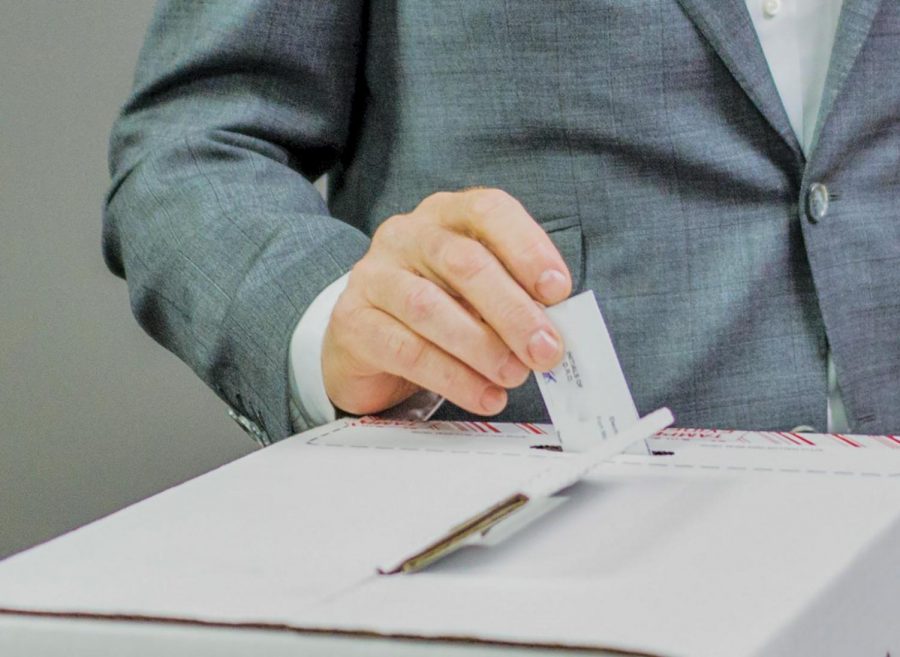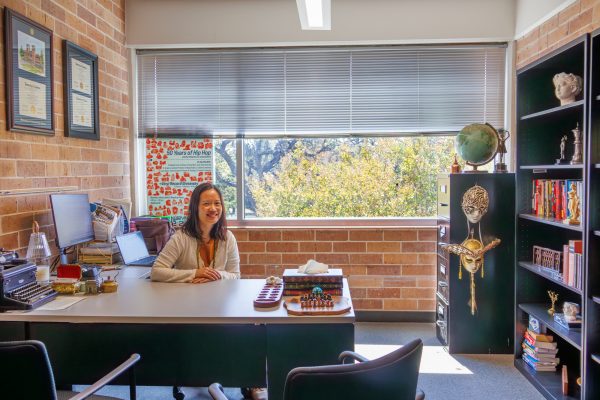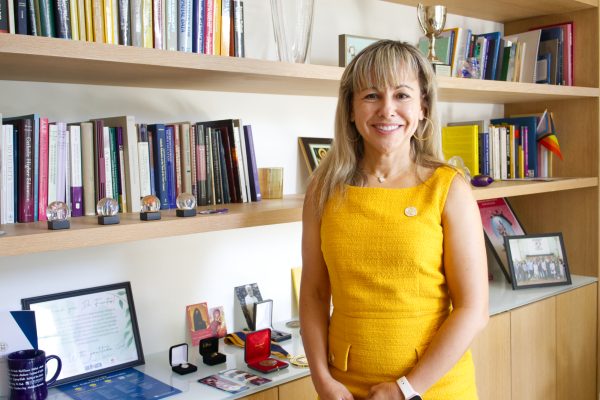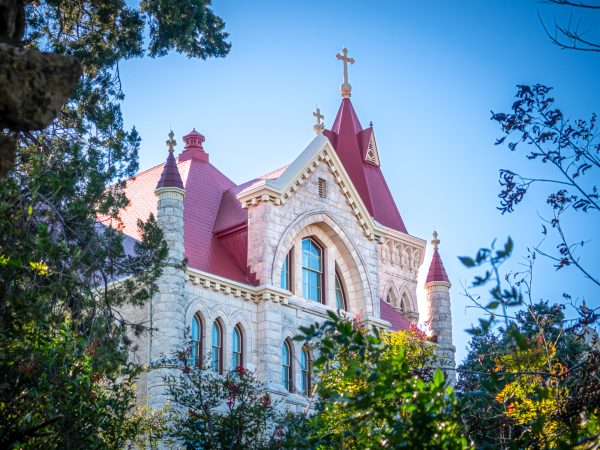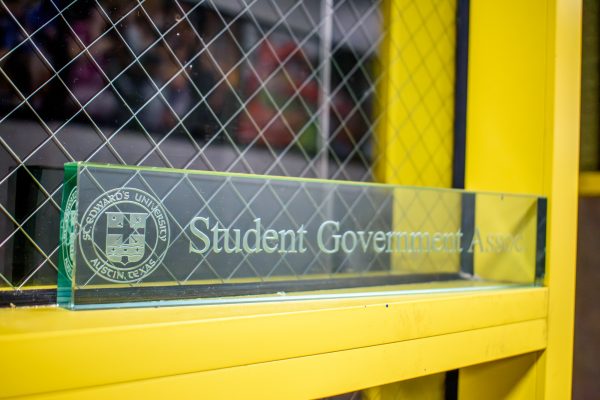Texans to vote on taxes, cancer research, flood infrastructure plan this election season
Early voting in Texas runs from Oct. 21 to Nov. 5.
(AUSTIN, TX) — Early voting began on Monday, Oct. 21. As a hub for many college students and young residents, members of the Austin community are ready to head to the polls. It’s time to make some decisions. Whether you’re a first time voter or a regular, here’s what you should know about early voting in Travis County.
Early voting runs from Oct. 21 until Nov. 1, so beat the crowds and fill out the ballots while you can. If you are 18 years of age or older and registered to vote in your county, feel free to make your way to the nearest polls. You can get your say in early from Monday through Saturday at 7 a.m. to 7 p.m. and Sunday from noon to 6 p.m. in your home county. For residents in Central, North, East, South or West Austin in Travis County, the nearest polls are available and accessible by Metro.
Now you know where to vote, but do you know what you’re voting for? Residents will be voting for 10 new amendments for Texas and two — Propositions A and B — for Travis County. In other words, Texas residents will have the opportunity to add ten new amendments to the Texas Constitution. Propositions A and B will affect Travis County and a few surrounding counties in Austin, Texas.
With a “majority rules” system, you can expect to see some new amendments adopted depending on the results.
An easier way to understand these propositions is to understand what will happen next if they are passed. Below is a guide for understanding what exactly these propositions mean, for both the county and the state.
Travis Prop. A will re-allocate a portion of the county’s existing hotel occupancy tax and direct it toward renovations to the county Expo Center in East Austin.
Travis Prop. B will require any expansion of the Austin Convention Center to be put to a public vote and would adjust how the city allocates revenue from taxing hotel stays.
TX Prop. 1 will allow an elected municipal judge serve as a judge in more than one municipality at the same time.
TX Prop. 2 authorizes the Texas Water Development Board to issue additional general obligation bonds up to $200 million for the Economically Distressed Areas Program.
TX Prop. 3 will allow the Texas legislature to temporarily exempt from ad valorem taxation – or taxation based on property or transaction value.
TX Prop. 4 will make it so that Texas cannot impose or collect an individual income tax.
TX Prop. 5 will appropriate the state’s sales tax revenue on sporting goods to the Tx. Parks and Wildlife Department and the Tx. Historical Commission.
TX Prop. 6 will let lawmakers increase the maximum bond amount for the Cancer Prevention and Research Institute of Tx. from $3B to $6B.
TX Prop. 7 will allow the State Board of Education, the General Land Office, etc., to distribute up to $600 million from the Permanent School Fund annually to schools.
TX Prop. 8 will create a special flood infrastructure fund in the State Treasury, using money from the Economic Stabilization Fund or the “rainy day fund.”
TX Prop. 9 will allow lawmakers to create a property tax exemption for precious metals kept in a depository in Texas.
TX Prop. 10 will allow law enforcement animals, such as police K9s, to be transferred into the care of their handler or another qualified caretaker in certain circumstances.
Business and political science major Jose Perez expressed his thoughts on early voting as well as the general elections. “In a general sense, as I am not an Austin native,” he began, “in my perspective these propositions will not necessarily affect me because I only go to college here. However,” he went on, “I believe early voting is definitely important, as it can evade election day drama.”
Like many students in Austin, Perez is reliant on Metro buses or catching rides with friends.
“Last year Lyft and Uber offered discounted rides to the voting polls, but I haven’t heard any news on that for this year,” Perez said.
Aside from Perez, students like senior Samantha Ramirez, a field-organizing fellow with MOVE Texas, shared that a benefit of early voting is that “it allows us to pick a time and location convenient to us so we can go vote. Early voting also tends to have shorter wait times,” Ramirez said.
She claimed that is important to understand that “under 5% of registered voters vote during the Texas Constitutional Amendment Election and of those less than 5%, the average voting age is over 70. Young peoples’ voices and interests are not being heard.”
The grassroots organization, MOVE, not only registers young people to vote in elections, but also informs the community on events and propositions. They also offer a voter guide that breaks down the issues in easy-to-understand terms and matches the underrated amendments with underrated songs so you can have a good playlist to go with you to the polls.
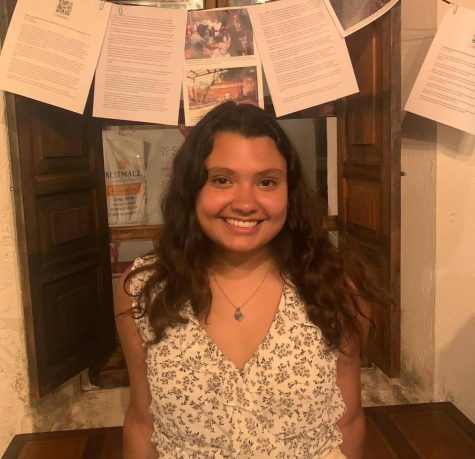
Nina Martinez is a senior at St. Edward’s University, earning her Bachelor’s in Writing and Rhetoric. Martinez has reported and edited for Hilltop...

